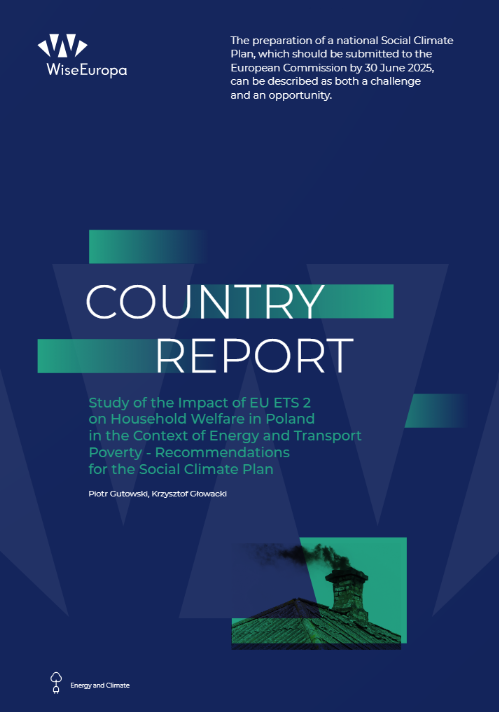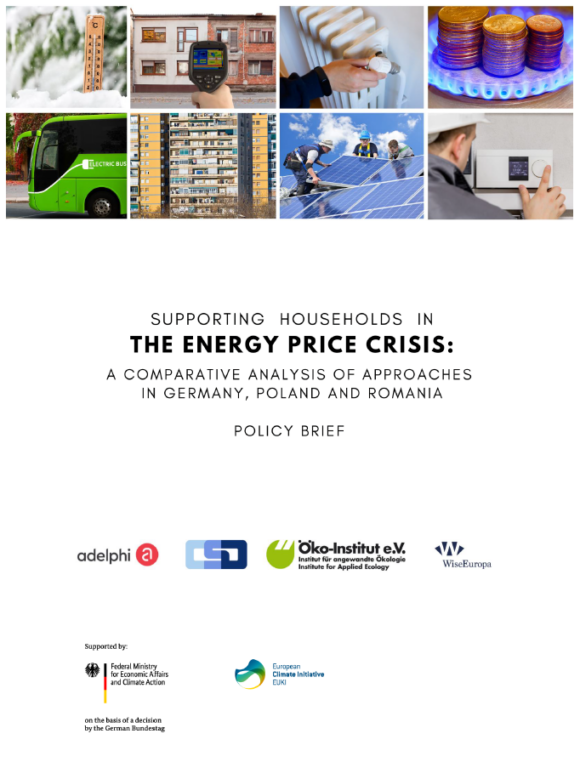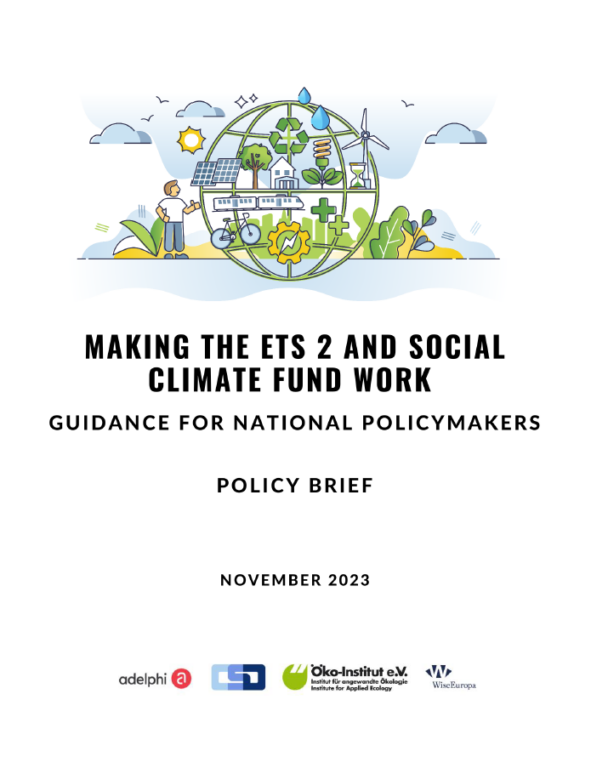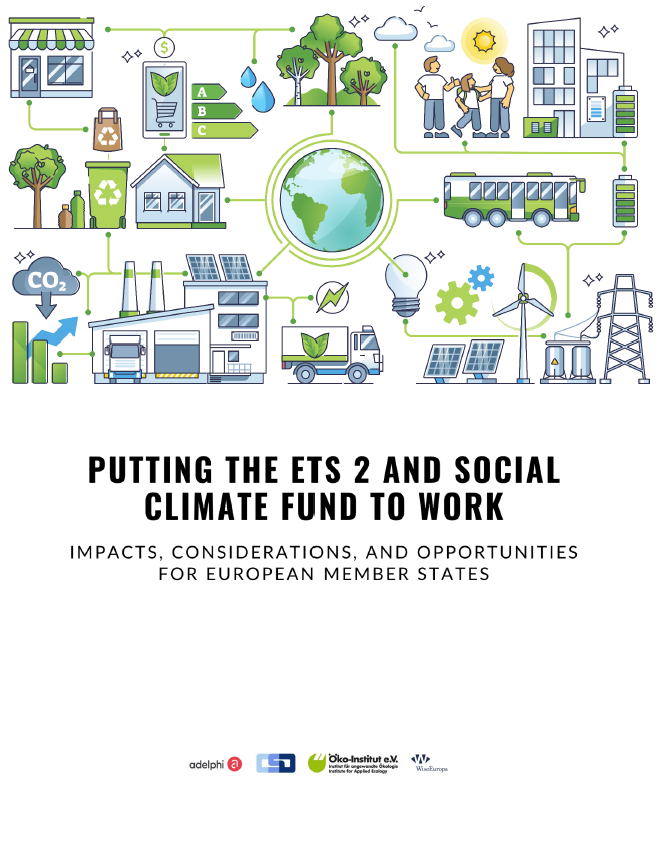Socially Just Carbon Pricing Policies in CEE
This project is completed. Improving understanding of how to price carbon in the transport and building sectors in Poland and Romania in a socially just manner. To this end, the knowledge base in the CEE region on carbon pricing in the building and transport sectors, possible distributional effects and ways to effectively address these with policy measures was strengthened.
Climate Policy Emissions Trading System (ETS) Energy Policy Energy Poverty

Project info
Germany, Poland, Romania
10/21 - 03/24
Local governments, National governments, Civil society, Non-governmental organisations, Associations, EU institutions
347,634.23 €
Contact info
Iryna Holovko
- Center for the Study of Democracy (CSD Romania)
- Oeko-Institut e.V.
- WiseEuropa - Foundation Warsaw Institute for Economic and European Studies
Background
Energy cost increases resulting from carbon pricing have a strong social justice dimension, particularly in Central and Eastern European (CEE) countries with lower household incomes and more dependence on fossil energy. Effectively identifying and compensating vulnerable groups is critical for carbon pricing to gain and maintain support. Though both Poland’s and Romania’s national policy frameworks include policies on energy poverty and efforts to address emissions in the building and transport sector, neither country is sufficiently prepared for the effects of an extended carbon price on these sectors.

Railway transport route; Photo © pixabay
Project
The project team addressed a varied target group consisting of national and local policymakers in climate and social politics, climatologists and civil society groups. Activities aimed to enable them to start planning for extended carbon pricing in the transport and building sectors, bridge the gap between climate and social policy, and develop the according policies. First, the project team conducted a quantitative study to assess the distributive impacts that carbon pricing on transport and heat has on Romanian and Polish households. Second, it conducted individual and focus group interviews to ensure that future policies respond to citizens’ actual needs. The focus groups were then supplemented by policy labs, where representatives of the climate and social policy community gathered to develop policy recommendations based on the study and the findings of the focus groups. The results were then disseminated to policy makers and experts in CEE countries through a high-level seminar, a series of three policy briefs, and an online training in carbon pricing. Furthermore, a policy workshop in Brussels ensured that the findings were made available to policy makers at the EU level. The insights from the project thereby aimed to spread knowledge on options for socially just carbon pricing, increasing its societal acceptance and thus laying the foundation for more ambitious climate policy in the region.
Results
- Production of a study modelling the impact of carbon prices in the transport and heating sector on different income groups in the EU Member States, identifying vulnerability patterns and looking for ways to support vulnerable groups. This aims to advance the decarbonisation process in line with the updated ETS Directive and the Climate Fund Regulation.
- The project reached over 100 national stakeholders from 9 EU Member States and informed them about the upcoming carbon pricing in buildings and road transport (ETS 2), addressing potential distributional impacts and ways to effectively address them. Through the guidance provided in the published reports and participation in discussions at 5 national and international events, these stakeholders are now better prepared to work on developing effective national social climate plans in their respective Member States. At least 10 publications and press interviews in national Polish and Romanian media, as well as international media, also helped to disseminate and strengthen the knowledge base in Poland and Romania on ETS 2 and the Social Climate Fund.
- In Romania, one of the project partners, the CSD, directly contributed to an important political process by participating in the Presidential Working Group on the Social Climate Fund and providing a significant input to the development of a White Paper that will form the basis for the preparation of Romania’s National Social Climate Plan.
Last update: July 2024




